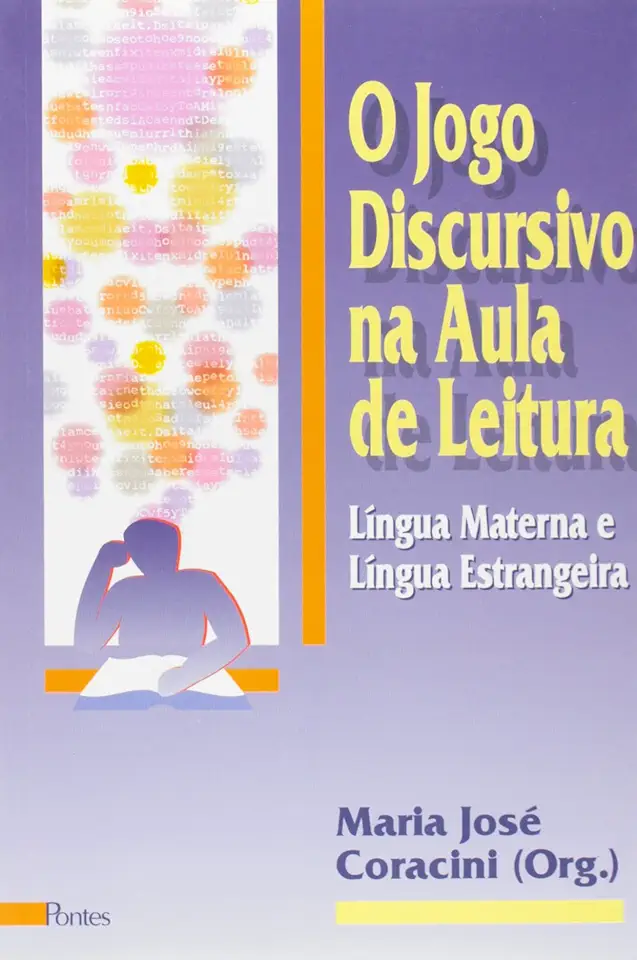
The Discursive Game in the Reading Class - Maria José Coracini
The Discursive Game in the Reading Class: A Comprehensive Summary
Introduction: Unveiling the Power of Discourse in Reading
In her groundbreaking work, "The Discursive Game in the Reading Class," Maria José Coracini delves into the intricate relationship between discourse and reading, shedding light on the profound impact of language and social interactions on the learning process. Through a meticulous analysis of classroom dynamics, Coracini unveils the complex interplay of power, knowledge, and identity construction within the context of reading instruction. This comprehensive summary aims to capture the essence of Coracini's thought-provoking exploration, inviting readers to embark on a journey of discovery into the discursive game that shapes the reading experience.
Unveiling the Discursive Nature of Reading
At the heart of Coracini's work lies the assertion that reading is not merely a passive reception of information but an active process of meaning-making mediated by discourse. She argues that reading involves a dynamic interplay of linguistic structures, social interactions, and cultural contexts, all of which shape the reader's understanding and interpretation of the text. By recognizing the discursive nature of reading, Coracini challenges traditional notions of literacy and opens up new avenues for exploring the complexities of the reading process.
Power Dynamics in the Reading Classroom
Coracini's analysis extends beyond the individual reader to encompass the broader social context of the reading classroom. She astutely observes the power dynamics that permeate classroom interactions, highlighting the ways in which teachers and students negotiate their roles and identities within the educational hierarchy. Through detailed observations and insightful interpretations, Coracini demonstrates how power relations influence the reading experience, shaping students' opportunities to participate, engage, and construct knowledge.
Knowledge Construction and Identity Formation
One of the most compelling aspects of Coracini's work is her exploration of the intricate relationship between knowledge construction and identity formation in the reading classroom. She argues that reading is not simply about acquiring information but also about shaping one's identity and positioning oneself within the social fabric. By analyzing the ways in which students negotiate their identities through reading practices, Coracini provides a nuanced understanding of how reading contributes to the development of individual and collective identities.
Implications for Reading Instruction and Research
Coracini's groundbreaking research has profound implications for reading instruction and research. By emphasizing the discursive nature of reading and the significance of power dynamics and identity formation, she challenges educators and researchers to rethink their approaches to literacy education. Her work encourages a shift towards more interactive, collaborative, and empowering reading practices that foster critical thinking, social engagement, and personal growth.
Conclusion: Embracing the Discursive Game
"The Discursive Game in the Reading Class" is a seminal work that revolutionizes our understanding of reading as a social and discursive practice. Coracini's insightful analysis provides a framework for educators and researchers to explore the complexities of the reading process and develop more effective strategies for promoting literacy development. By embracing the discursive game, we can unlock the transformative power of reading and empower individuals to become active participants in the construction of knowledge and the shaping of their own identities.